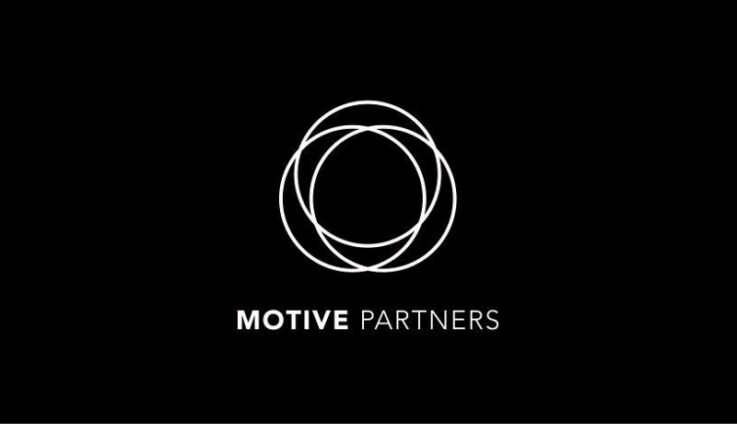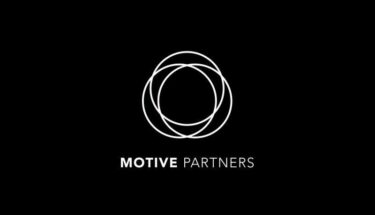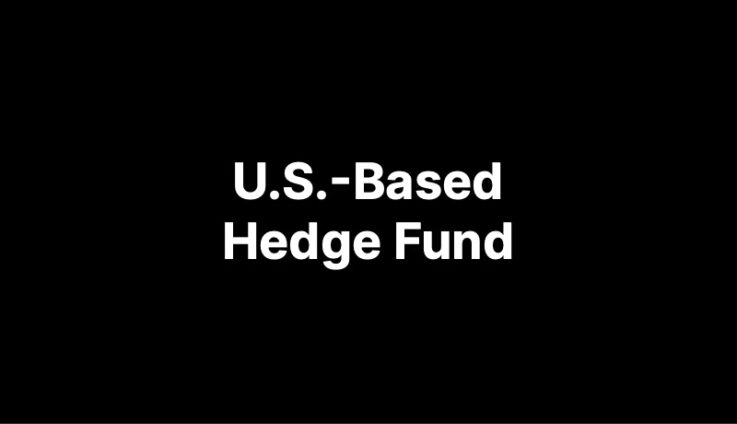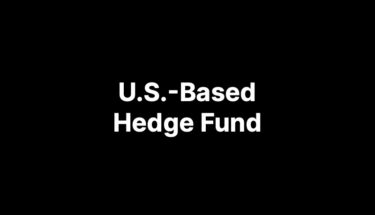In the private markets space, routine contracts consume valuable time and resources. Some firms have such a high volume of NDAs, they pull in the deal team to negotiate. Most funds continue to rely on massive spreadsheets to track side letter provisions and obligations.
A contract tracking solution is a better way to handle large volumes of contracts. An effective contract tracker improves a firm’s contract management and lets in-house teams focus on more impactful work.
What is contract tracking?
Contract tracking is the process of monitoring agreements through the entire contract lifecycle. Contracts go through many phases, including contract creation, negotiation, approvals, execution, storage, performance, reporting, amendments, and exploration or renewal.
Several in-house teams handle contracts throughout the fund lifecycle — legal, compliance, deal, investor relations, finance, and more. Stakeholders need visibility into the agreements pertinent to their work and the ability to collaborate efficiently. Contract monitoring software can provide that.
How should fund managers track contracts?
Fund managers benefit from adopting industry-specific contract management tools to improve contract tracking.
Fund managers need purpose-built software solutions to fully benefit from contract tracking. Horizontal solutions and generic AI tools don’t offer the visibility, workflow tools, or actionable intelligence. A solution built for their particular needs, complex agreements, and regulatory requirements is more likely to provide ROI.
Why is contract tracking important?
1. Improves visibility into negotiations
When an asset manager stores contracts in a centralized location, stakeholders can access information from anywhere. A centralized source of truth eliminates the need for emails or calls to get a contract status update. Internal and external stakeholders with permission can log into the contract management system and quickly check a contract’s latest negotiation status and revisions.
2. Provides structured data
An AI-powered contract tracking solution will digitize your documents and turn them into organized, structured data. This process enables fund managers to find, compare, and analyze the information stored in their contracts.
3. Surfaces actionable intelligence
Without a contract tracking solution, private fund managers review their agreements manually. In most cases, they rely on Ctrl+F in a spreadsheet, which can surface miscellaneous information and miss the right answer. This process often leads to mistakes and lowers efficiency.
4. Strengthens negotiation positions
Contract tracking in a centralized location provides insights and data from precedent agreements to inform the negotiating strategy and improve negotiation outcomes. Private fund managers can promote consistency across repetitive agreements like NDAs, joinders, and vendor agreements. They can compare previous terms in LPAs, side letters, and credit agreements. Being able to quickly surface and compare contract provisions lets managers negotiate from a position of strength.
5. Saves time
Monitoring contracts and shepherding them through the contract lifecycle typically takes hours of work. Without an automated tool, firms enter data by hand. They set up calendar reminders for milestones and obligations. By using a contract management system, firms can automate reminders. Fewer manual tasks give stakeholders time back to focus on more important tasks.
6. Supports contract compliance
Contract compliance tracking across LPAs, side letters, credit facilities, and other agreements is challenging. Legal, compliance, finance, and other internal teams need to be able to review their obligations and covenants quickly. A purpose-built contract management system lets them do that without relying on multiple massive spreadsheets.
7. Supports regulatory compliance
Non-compliance with SEC and other regulations poses a significant risk to private fund managers. Effective tracking throughout the contract lifecycle is essential. For example, an SEC exam will require private funds to demonstrate their compliance with side letter terms. A purpose-built contract management system lets managers demonstrate that they know all their obligations and have met them.
Contract tracking best practices
Contract tracking often varies between private fund managers. However, there are some best practices that can make it more effective, such as:
Embrace AI technology
Fund managers can streamline and automate contract tracking with AI-powered software. AI-enabled software solutions can help managers quickly surface accurate information, redline and compare provisions, automate reminders, run reports, and much more.
Centralize agreements
Fund managers often store many types of business contracts across multiple locations, making it difficult and time-consuming to find and review an agreement quickly. Whether it’s a local drive, a shared cloud drive, or a contract tracking system, firms should store their contracts in one centralized location.
Define stakeholders and responsibilities
Determine who needs to perform key tasks and make critical decisions for various agreements, such as NDAs, non-reliance letters, vendor agreements, side letters, credit facilities, etc. Then, develop workflows and hierarchies throughout the contract management lifecycle. Designate which teams in the firm will perform key tasks, such as negotiations, drafting, and obligation tracking.
Also, determine who needs to make particular decisions and how stakeholders can escalate questions or concerns. With a centralized contract management system, internal teams will be able to answer questions themselves quickly, saving more nuanced and complex questions for internal or external counsel.
Stay proactive
Staying ahead of compliance dates and other deadlines by automating task reminders. An industry-specific contract management solution will support your typical contract and compliance workflows.
Monitor and report
Review contract data to improve visibility into the firm’s obligations, ensure compliance, and identify trends. Purpose-built contract tracking solutions can report on:
- End dates
- Deliverables and obligations
- Termination notice requirements
- High-risk clauses
- Opt-out and renegotiation windows
- Contract performance
- Compliance requirements
What kind of contract tracking software does a fund manager need?
A contract tracking solution for private fund management should include:
Robust reporting with insights from AI: AI enables private fund managers to turn complex and nuanced legal documents into structured data. Then, AI can automate and streamline contract workflows and deliver actionable intelligence.
Human oversight: The best contract tracking software features a human-in-the-loop component to help do everything AI can’t do yet and confirm the accuracy of AI outputs.
Easy integration and access: Contract tracking software should easily integrate with existing systems and be easy to access and use for those who rely on it.
Real-time visibility: An efficient contract tracking system needs to supply real-time visibility into the contract lifecycle, distributing the information an organization needs to keep the process moving.
Contract tracking with Ontra
Leveraging AI-powered contract tracking software helps save time and resources, facilitates collaboration, and monitors the data that matters most.
Ontra’s AI-powered platform helps private fund managers digitize, organize, and leverage their legal agreements. Our suite of solutions, including Contract Automation, Accord, Insight, and Atlas, all turn complex documents into accurate, reliable data.
Through Contract Automation and Accord, private equity firms get real-time visibility into negotiations for routine contracts. Contract tracking lets them see each contract’s status, whether they handle negotiations in-house or use Ontra’s global Legal Network.
Insight lets private equity firms digitize and centralize their side letters, LPAs, and other fund documents. In-house teams can search, label, and group their investor and fund obligations and build multi-stakeholder workflows with one-time or recurring tasks.
Atlas modernizes entity management and automates structure charts. Internal teams can collaborate efficiently and automate workflows to minimize time managing entity data and understanding key relationships.







